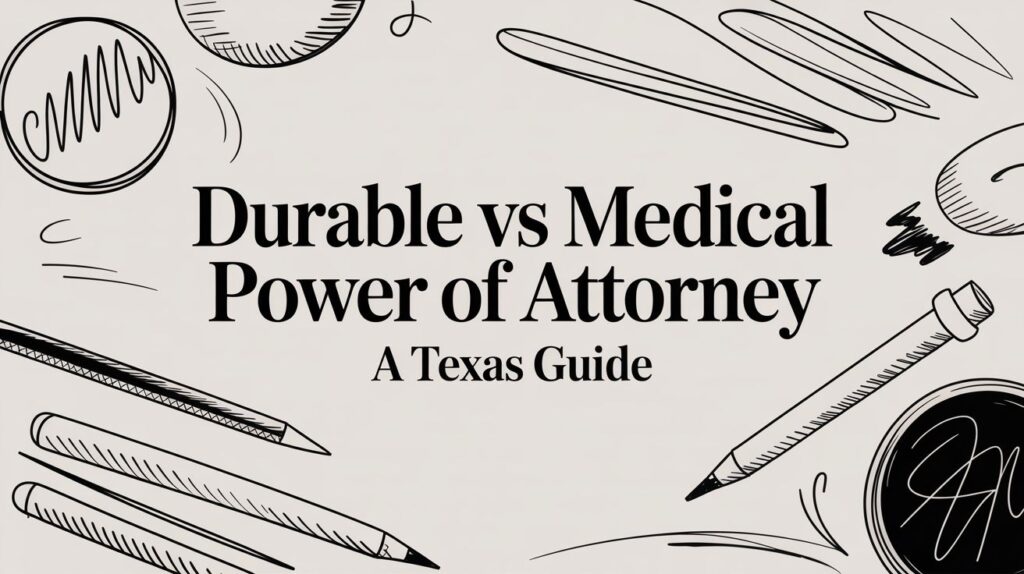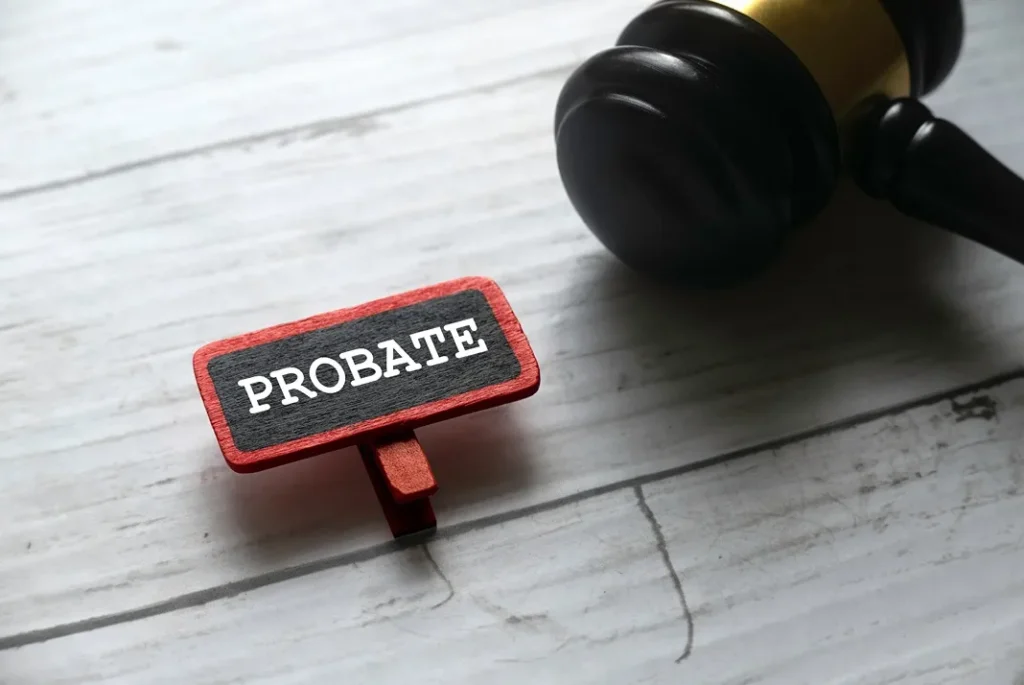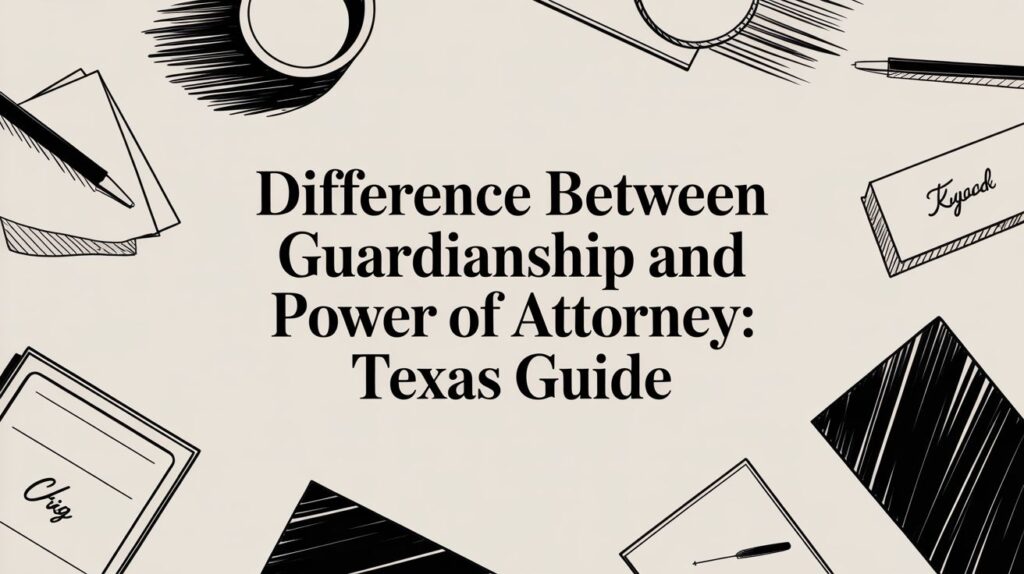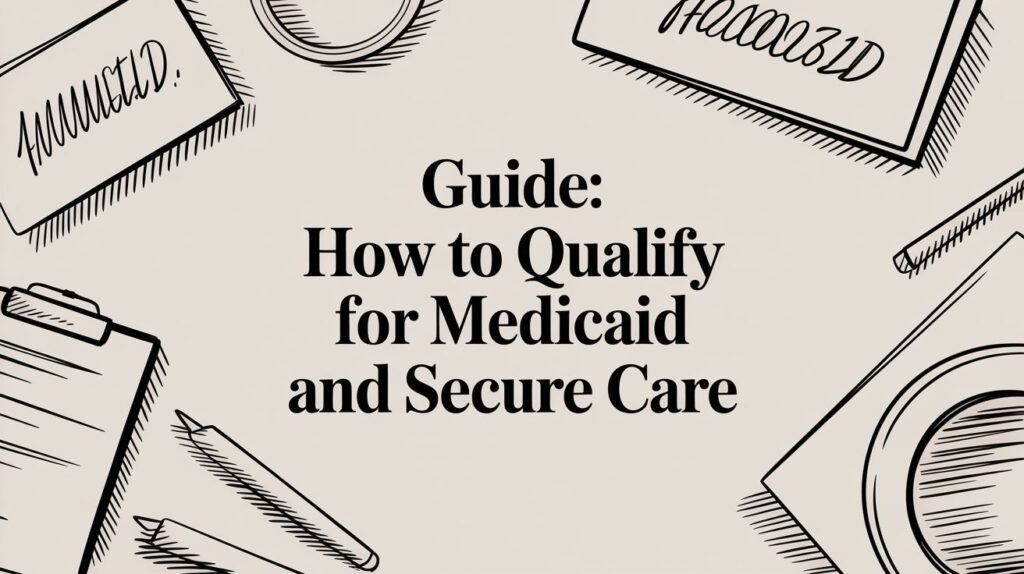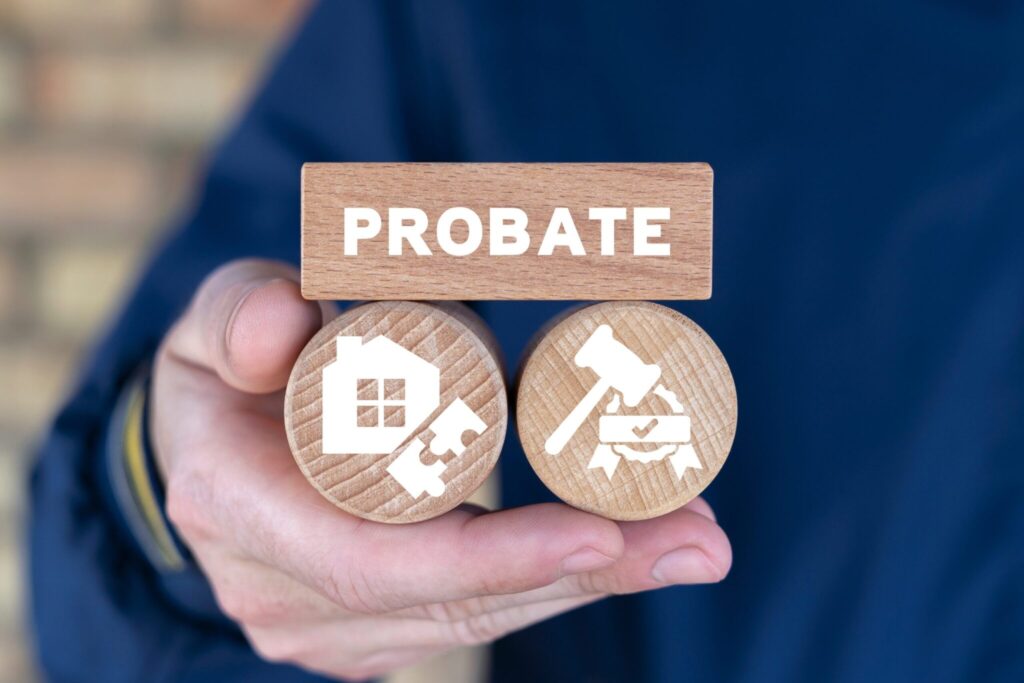If you’ve recently lost a loved one and you’re wondering are inheritances subject to probate in Texas, you’re not alone. Many Texans find themselves knee-deep in court documents and unfamiliar legal terms just when grief is at its heaviest. Probate can sound like a complicated, drawn-out process—but it doesn’t have to be. Understanding which inheritances go through probate and which assets can skip it can save you time, stress, and potentially thousands in legal fees.
In this article, we’re diving deep into how Texas probate law handles inherited property, what determines if assets are probate or non-probate, and how families can plan around probate. Through real-life scenarios and plain English explanations, you’ll walk away with a crystal-clear understanding of how inheritances are subject to probate in Texas—and how to avoid common pitfalls.

What Is Probate in Texas, and Why Does It Matter?
To understand whether inheritances are subject to probate in Texas, you first need to understand what probate even is. In simple terms, probate is the legal process where a court validates a deceased person’s will (if one exists), pays off debts, and distributes assets.
The big question? Not all assets go through probate. Whether something is a “probate asset” depends on how the asset was owned and whether it had a designated beneficiary.
Why Probate Matters for Texas Heirs
Probate matters because it determines who gets what—and how quickly. It also ensures that the deceased’s debts are paid before heirs receive anything. If you’re the child, spouse, or grandchild of someone who’s passed, understanding what is and isn’t subject to probate is the first step to claiming your rightful inheritance.
Are Inheritances Subject to Probate in Texas? The Simple Answer
Yes—but not always. Some inheritances are subject to probate in Texas, while others bypass the court system entirely. It all depends on the nature of the asset and how it was titled or designated.

Let’s unpack this by looking at the two categories of inherited assets:
Probate Assets
These assets must go through probate to be distributed to heirs:
- Real estate titled solely in the deceased’s name
- Bank accounts without payable-on-death (POD) beneficiaries
- Vehicles solely titled in the deceased’s name
- Personal property like jewelry, collectibles, or art
- Business interests owned solely by the deceased
- Investment accounts without named beneficiaries
Non-Probate Assets
These assets pass directly to beneficiaries without going through probate:
- Life insurance policies with named beneficiaries
- Retirement accounts (401(k), IRA) with designated beneficiaries
- Joint bank accounts with right of survivorship
- Transfer-on-death deeds for real estate
- Payable-on-death (POD) or transferable-on-death (TOD) accounts
- Trust-held assets
So, when asking are inheritances subject to probate in Texas, the answer is conditional. If the asset doesn’t have a legal mechanism to pass automatically, it must go through probate.
A Real Story: The Confusion After Uncle Roy’s Death
Take the story of Uncle Roy in Fort Worth. He passed away suddenly, and his niece, Clara, expected to inherit his home and bank account, as named in his handwritten will. Unfortunately, Roy’s will wasn’t properly notarized, and the bank account had no POD designation.
Clara spent nearly nine months in probate court, dealing with lawyer fees, court filings, and a legal contest from a distant cousin. Had Roy added a POD designation to his bank account or recorded a transfer-on-death deed for his home, Clara might’ve avoided probate altogether.
This kind of scenario is common, and it shows exactly why understanding are inheritances subject to probate in Texas is critical.
The Role of a Will in Texas Probate
If there’s a will, the probate process usually follows what the will says—unless someone challenges it. But here’s the thing: just having a will doesn’t mean probate is avoided. In fact, a will is only effective through probate in Texas.
The Will Does Not Bypass Probate
Contrary to what many believe, wills don’t skip probate. They simply guide the process. If the deceased only left a will and didn’t put assets in a trust or use TOD/POD tools, probate will still be required.
What Happens if There Is No Will?
This is where Texas intestacy laws come in. If someone dies without a will, the state determines who inherits what—typically starting with spouses and children. Probate still happens, but it becomes more complicated and potentially contentious.
When Probate in Texas Is Required
Here’s when probate becomes a must under Texas law:
- When the estate includes real property titled only in the decedent’s name
- When assets do not have beneficiary designations
- When there are significant debts owed by the estate
- When heirs disagree over the will or inheritance
- When the deceased owned business interests or intellectual property
If any of the above apply, the question are inheritances subject to probate in Texas becomes a hard “yes.”
Strategies to Avoid Probate in Texas
Fortunately, there are smart legal tools and strategies that can help avoid probate in Texas altogether or at least simplify the process.
1. Create a Living Trust
By placing assets in a revocable living trust, the person ensures those assets won’t go through probate. The trust holds legal title to the property, and a named trustee distributes it after death.
2. Use Beneficiary Designations
Naming a beneficiary on bank accounts, investment accounts, and retirement accounts ensures direct transfer without court.
3. File a Transfer-on-Death Deed (TODD) for Real Estate
Texas allows you to file a TOD deed, which passes property automatically to a named person when you die. No probate needed.
4. Establish Joint Ownership with Right of Survivorship
If two people own property jointly with right of survivorship, the surviving owner automatically inherits the property upon death—no probate involved.
These steps can drastically reduce the number of assets that require probate, answering the question are inheritances subject to probate in Texas with a confident “not if you plan ahead.”
Small Estate Affidavit: A Shortcut in Some Cases
What if the estate is small? Texas allows a legal shortcut called a Small Estate Affidavit for estates under $75,000 (not counting homestead property or exempt assets). This process skips formal probate and allows heirs to collect assets with a simple affidavit. It’s especially helpful when the decedent left behind limited assets and no complicated financial matters.

Conditions for Using a Small Estate Affidavit in Texas:
- No will exists
- The total value of the estate is under $75,000
- The deceased had no debts (other than secured real estate)
- Heirs can be clearly identified under intestacy law
For small families, this can be a blessing—speeding up inheritance without getting lost in court procedures. It reduces legal costs and allows families to access essential funds quickly during a difficult time.
What Happens to Out-of-State Property?
Texas probate doesn’t have jurisdiction over real property located in other states. If the deceased owned property in another state, ancillary probate must be filed there. This can delay the inheritance process significantly. That’s why it’s important to consider how property across state lines is titled and whether estate planning documents are properly aligned.
So when considering whether inheritances are subject to probate in Texas, remember: location matters. Assets outside the state often require additional legal steps. Multistate property ownership demands careful coordination between legal professionals in each jurisdiction.
Executors and Probate Duties in Texas
The person handling the will—the executor—is responsible for initiating and completing theprobate process. Their duties include:
- Filing the will with the localprobate court
- Creating an inventory of the estate
- Notifying heirs and creditors
- Paying outstanding debts
- Distributing remaining assets
An unprepared executor can slow down the process. If you’re named in someone’s will, consider consulting a probate attorney to guide you through these obligations. Proper guidance can prevent costly mistakes and ensure compliance with Texas probate rules.

Why This Matters for Texans Planning Their Estates
If you’re still asking are inheritances subject to probate in Texas, here’s the deeper takeaway: It depends on the plan you—or your loved ones—put in place before death. Without thoughtful planning, your heirs may be forced into court to receive what’s rightfully theirs. That uncertainty can lead to family tension, lost time, and expensive legal intervention.
Probate isn’t always a bad thing, but it can create delays, generate legal expenses, and open the door to disputes. Taking steps now can spare your family those burdens later. With just a few proactive measures, you can leave behind a smoother, less stressful process for the people you care about most.
Final Thoughts: Preparing for Probate (or Avoiding It)
So, are inheritances subject to probate in Texas? Often, yes—but not always. Whether an asset goes through probate depends on how it’s titled and whether planning tools like living trusts, beneficiary designations, or transfer-on-death deeds were used. While a will does not avoid probate, proactive estate planning can help assets bypass the court process, reduce delays, and provide clarity for grieving families. Small estates may even qualify for a simplified procedure, and out-of-state property has its own probate rules. In short, thoughtful planning can turn a potentially stressful process into a smooth transition for your loved ones.



